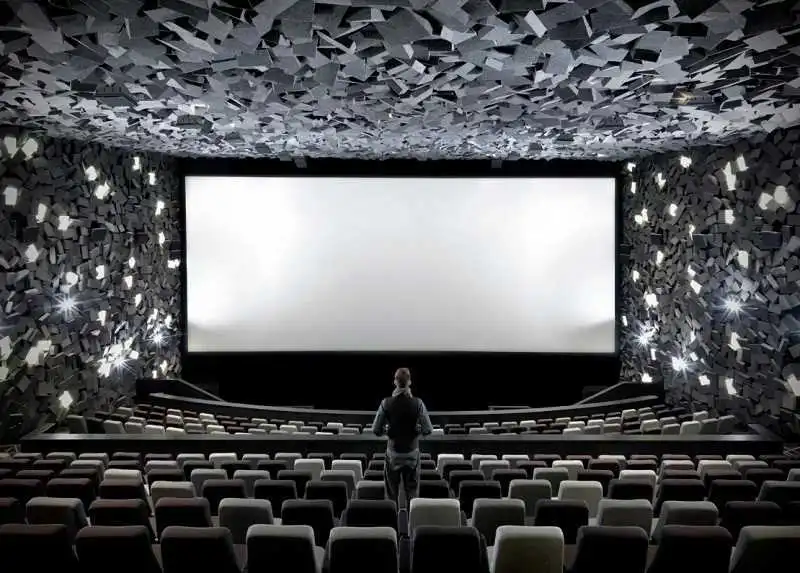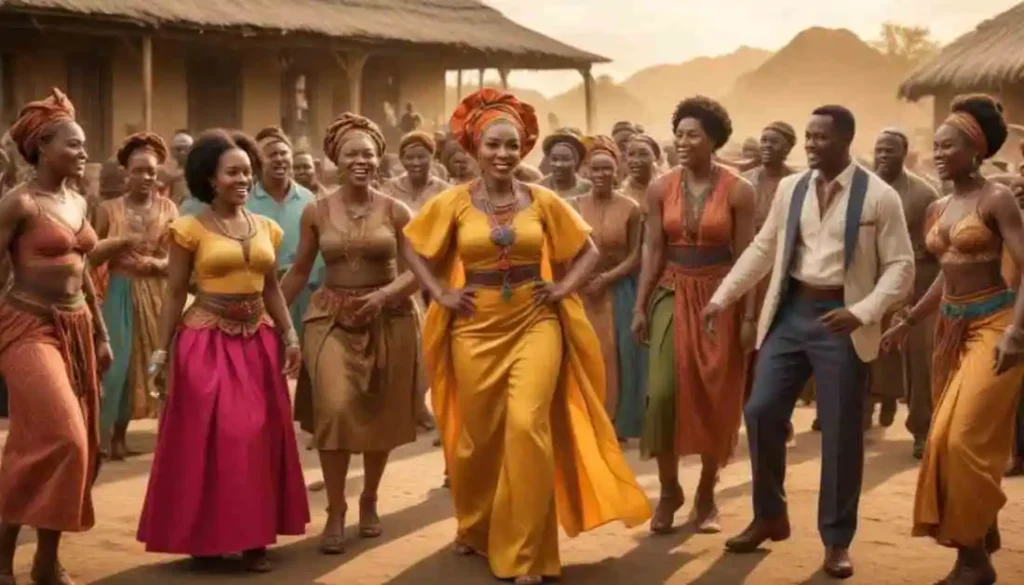Film Marketing And Distribution With AI

In part one of this article we looked at the emergence of AI in Filmmaking and how it is impacting production especially in the pre-production phase. We sought to know if AI is the magic carpet for sky-high success in filmmaking.
In part two, we delved deeper into post-production and the role of Artificial Intelligence. In this final installment we want to examine the role of AI in relation to marketing and distribution.
AI technologies in marketing, evaluate social media data to determine the mood and preferences of the audience, directing marketing tactics.
For instance, Warner Bros. employed AI to maximize Aquaman’s box office success through marketing. Additionally, chatbots with AI capabilities are employed in marketing campaigns to creatively engage audiences.

Targeted Advertising
AI can be integrated into your film marketing and distribution workflow on many levels.
From designing the movie artwork, to writing social media posts, creating the trailer, AI is becoming the hub of film marketing and distribution. Saving you time, money and valuable data. .
With the help of AI, movie studios can create targeted advertising campaigns that are more effective in reaching the right audience.
AI algorithms can analyze data from various sources such as social media, search engines, and streaming platforms to identify the demographic that is most likely to watch a particular movie.
This allows movie studios to create advertising campaigns that are tailored to the interests of the target audience, resulting in higher engagement and conversion rates.
READ ALSO: AI: A Magic Carpet for sky-high success in filmmaking? Part 1
Content Recommendation Algorithms

AI-powered content recommendation algorithms are becoming increasingly popular in the movie industry. These algorithms analyze data such as the viewing history and search queries of users to make personalized recommendations for movies that they are likely to enjoy.
In order to improve user experience and boost viewership, platforms such as Netflix employ artificial intelligence (AI) algorithms to recommend movies to users based on their past viewing choices.
This not only helps users find movies that they are interested in but also increases the chances of them watching a movie that they might not have discovered otherwise.
Audience Analysis
AI technology can also be used to analyze the behavior of movie audiences. By analyzing data such as ticket sales, social media engagement, and online reviews, movie studios can gain valuable insights into the preferences and interests of their audience.
This information can be used to create more targeted marketing campaigns and to make better decisions about which movies to produce in the future.
Overall, AI technology is transforming the way movies are marketed and distributed. By leveraging the power of AI, movie studios can create more effective advertising campaigns. This will enable them make personalized content recommendations, and gain valuable insights into their audience.
AI And Ethical Considerations

Deepfakes And Authenticity
As AI technology continues to advance, there is growing concern about the use of deep fakes in the film industry. Deepfakes are manipulated videos or images that use AI to create realistic but fake content.
This technology can be used to create convincing fake footage of celebrities or politicians, for example, which can be used for malicious purposes. Deepfakes can also be used to create fake scenes in movies, which raises questions about the authenticity of the final product.
To combat the use of deepfakes in the film industry, some filmmakers are exploring the use of blockchain technology to verify the authenticity of their content. By using blockchain, filmmakers can create a tamper-proof record of their work, which can be used to prove its authenticity.
Copyright and Ownership Issues
AI technology is also raising questions about copyright and ownership in the film industry. As AI becomes more advanced, it is becoming easier for filmmakers to use AI to create content that is similar to existing works.
This raises questions about who owns the rights to this content and whether it constitutes copyright infringement.
To address these issues, some filmmakers are exploring the use of AI to create original content that is not based on existing works. By using AI to generate new ideas and concepts, filmmakers can create content that is truly original and not subject to copyright issues.
Bias And Representation
Another ethical consideration when it comes to AI in the film industry is bias and representation. AI algorithms are only as unbiased as the data that is used to train them. If the data used to train an AI algorithm is biased, then the algorithm itself will be biased.
This raises questions about the representation of different groups in the film industry. If AI algorithms are biased, then they may perpetuate existing biases and stereotypes in the film industry.
To address this issue, some filmmakers are exploring the use of diverse data sets to train their AI algorithms, which can help to reduce bias and improve representation in the film industry.

READ ALSO: AI: A Magic Carpet for sky-high success in filmmaking? Part 2
Future Trends and Predictions
Emerging AI Technologies
As AI technology continues to evolve, new applications for filmmaking are likely to emerge. One area of potential growth is in the use of AI to generate entirely new content.
For example, researchers are currently exploring the use of AI to generate movie scripts and even entire films. While this technology is still in the early stages of development, it has the potential to revolutionize the filmmaking industry by allowing creation of content with less human input.
Another emerging AI technology is the use of machine learning algorithms to improve the visual effects used in films. By analyzing large amounts of data, these algorithms can learn to create more realistic and convincing special effects.
This could lead to a future where visual effects are indistinguishable from reality.
The Impact of AI on Film Jobs (Employment)
While AI technology has the potential to revolutionize the filmmaking industry, it is also likely to have a significant impact on employment. As AI becomes more prevalent, many of the tasks that were previously performed by humans may become automated.
This could lead to job losses in areas such as editing, visual effects, and even acting.
However, AI technology is also likely to create new job opportunities in areas such as AI programming and data analysis.
Interactive and Immersive Content

One area where AI technology is already having a significant impact is in the creation of interactive and immersive content.
For example, virtual reality (VR) technology is being used to create fully immersive movie experiences that allow viewers to interact with the environment and even change the outcome of the story.
As AI technology continues to evolve, it is likely that we will see even more interactive and immersive content in the future. This could include the use of AI to create personalized movie experiences that are tailored to the preferences of individual viewers.
Overall, the future of filmmaking and AI is likely to be both exciting and challenging. AI technology has the potential to transform the industry in many positive ways. However it is important for filmmakers to stay informed about the latest developments and adapt their skills accordingly.
As an actor or filmmaker in Nollywood or other film industries, how are you using AI? What specific tools are you using? Please let us know so we can learn from one another and keep growing.





